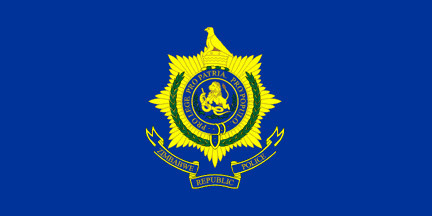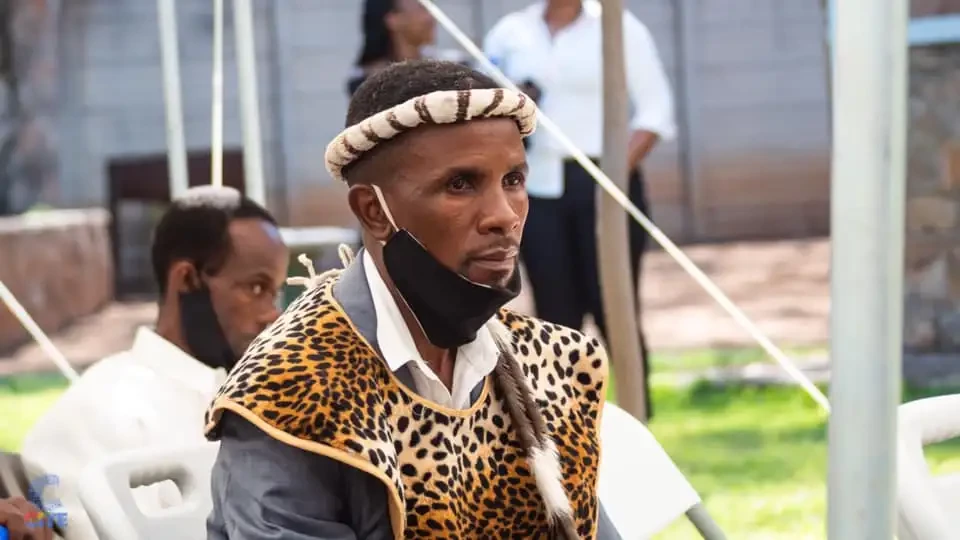
The recent Zimbabwe Republic Police (ZRP) statement exposing the alarming surge in sexual abuse cases against minors has unveiled a national crisis that strikes at the very heart of our society's moral fabric and child protection systems.
The deeply disturbing revelation of widespread abuse perpetrated by trusted guardians, family members and community figures represents not just individual criminal acts, but a systematic failure of our societal structures and protective mechanisms that demands immediate, comprehensive intervention at all levels.
ZRP's detailed report paints a harrowing picture of betrayal and exploitation. As highlighted in the its statement, these crimes often involve individuals "entrusted with the care, safety and protection of these vulnerable children."
The cases of a 13-year-old being abused by her uncle in Murewa and a 14-year-old whose abuse was initially concealed by family members, represent a broader pattern where family structures, instead of serving as safeguards, have become complicit in perpetuating abuse through silence and concealment.
The roots of this crisis run deep into our social fabric, intertwining with economic hardship, cultural shifts and institutional weaknesses.
The economic downturn has forced families into precarious living situations, particularly in urban areas where shared accommodations create high-risk environments for children.
Urbanisation has weakened traditional community oversight mechanisms, while economic pressures have forced many parents into extended working hours or migration, leaving children inadequately supervised. The breakdown of extended family systems, once a robust protective network, has left gaps that predators exploit with impunity. The disturbing trend of prophets and religious figures using their positions of trust to abuse minors adds another layer to this complex crisis.
The legal framework for child protection in Zimbabwe, while comprehensive on paper, shows significant implementation gaps. The Children's Act [Chapter 5:06] provides explicit protections against child abuse, while section 81 of Zimbabwe's Constitution guarantees fundamental rights to protection from sexual exploitation. The Criminal Law (Codification and Reform) Act [Chapter 9:23] prescribes severe penalties for sexual offences against minors.
- Mavhunga puts DeMbare into Chibuku quarterfinals
- Bulls to charge into Zimbabwe gold stocks
- Ndiraya concerned as goals dry up
- Letters: How solar power is transforming African farms
Keep Reading
These domestic laws align with international instruments including the United Nations Convention on the Rights of the Child, the African Charter on the Rights and Welfare of the Child, and the Southern African Development Community Protocol on Gender and Development. However, the persistent rise in abuse cases indicates a critical disconnect between legal provisions and practical protection.
The current child protection mechanism shows fundamental weaknesses in detection, reporting and response systems. The delay in reporting cases, as evidenced in the ZRP statement where some abuses remained hidden for months or years, points to deep-rooted problems in our reporting structures. The practice of families concealing abuse cases through informal settlements or silence, highlighted by ZRP's warning about "sweeping these cases under the carpet," undermines the entire justice system and perpetuates cycles of abuse.
The Public Service, Labour and Social Welfare ministry's child protection services must undergo a complete overhaul. This requires not just increased funding but a fundamental restructuring of how services are delivered. Social workers need better training, resources, and support systems to effectively monitor and respond to cases. The current ratio of social workers to children falls far below international standards, creating dangerous gaps in surveillance and intervention capabilities.
Educational institutions require a comprehensive transformation in their approach to child protection. Schools need mandatory safeguarding policies, regular staff training and clear reporting procedures. The curriculum should include age-appropriate safety education, helping children to recognise and report abuse. Teachers must receive specialised training in detecting signs of abuse and providing appropriate support to affected students. The education sector's role extends beyond just teaching to creating safe spaces where children can disclose abuse without fear.
The role of traditional leadership structures in child protection needs reinforcement and modernisation. Chiefs, headmen and village heads must integrate modern child protection principles with traditional values that historically protected children. Their courts need training in handling abuse cases appropriately, ensuring cases are properly reported to police while maintaining community trust. Religious institutions must implement strict safeguarding policies, including background checks for clergy and youth workers, and clear reporting procedures for suspected abuse.
The media's role extends beyond mere reporting to investigative journalism that exposes systemic failures and advocates for reform. However, this must be balanced with ethical reporting that protects victims' identities and dignity. Civil society organisations need to expand their reach beyond urban centres to rural areas where cases often go unreported. Their programmes should focus on prevention through community education, victim support and advocacy for policy reform.
Government ministries must adopt an integrated approach to child protection. The Health and Child Care ministry should train healthcare workers in detecting and reporting abuse, while the Justice, Legal and Parliamentary Affairs ministry should establish specialised courts for child abuse cases with trained personnel and child-friendly procedures.
The Information, Publicity and Broadcasting Services ministry should lead public awareness campaigns that break the silence around child abuse.
Zimbabwe needs a complete paradigm shift in how it approaches child protection. This includes establishing a national child protection database, implementing mandatory reporting laws with strict penalties for non-compliance and creating a specialised child protection unit within the police force. Community-based child protection committees need strengthening and proper resourcing to serve as early warning systems. As the ZRP statement emphasises, the public must "join hands with the police in the fight against child sexual abuse." This includes establishing better-reporting systems, strengthening community vigilance and breaking the culture of silence around child abuse. This requires a fundamental reimagining of how we as a society protect our most vulnerable members. Every stakeholder, from government institutions to individual citizens, must recognise their role in this collective responsibility.
- Lawrence Makamanzi is a researcher and he writes here in his personal capacity. He is reachable at blmakamanzi@gmail.com or 0784318605.










